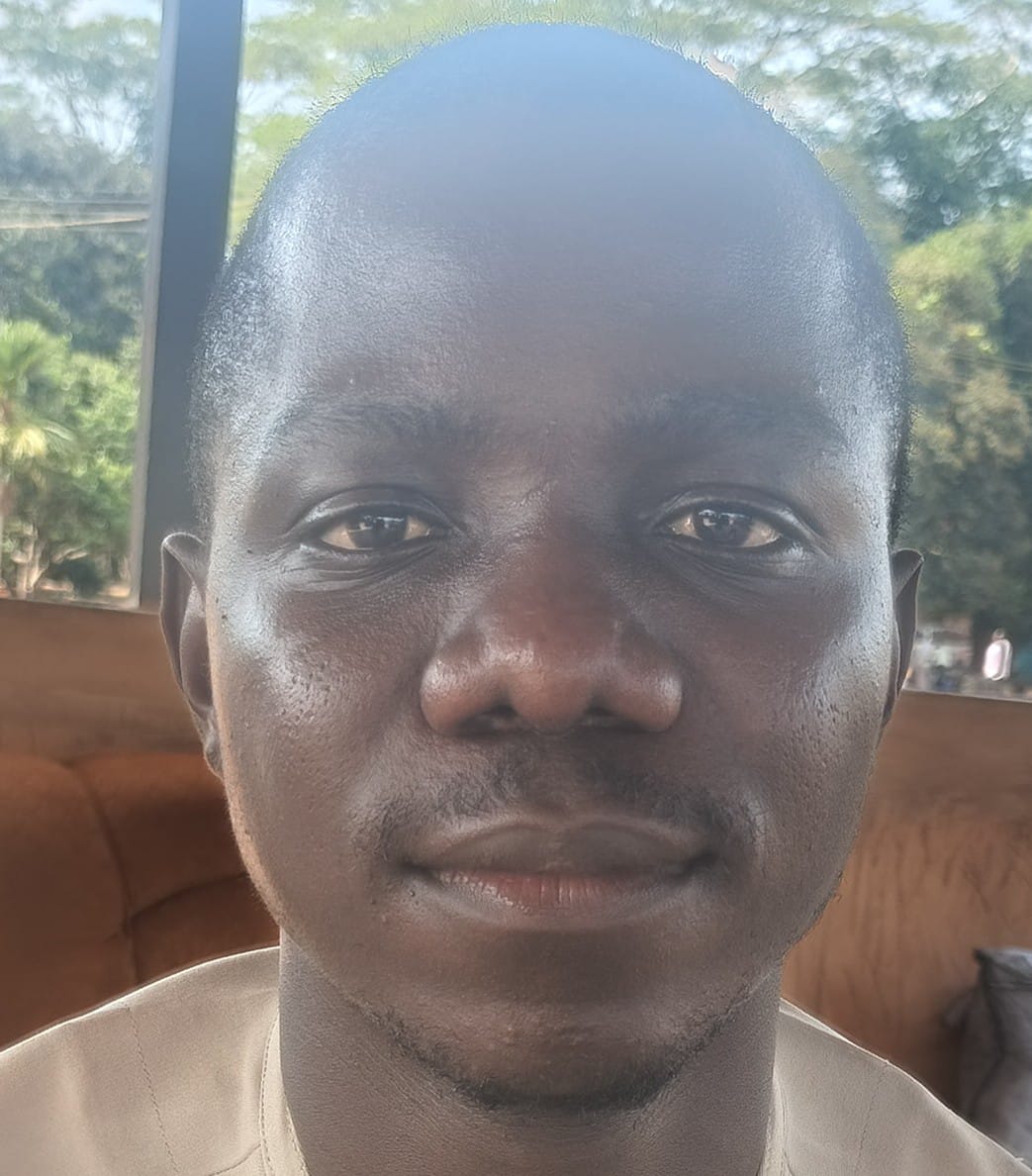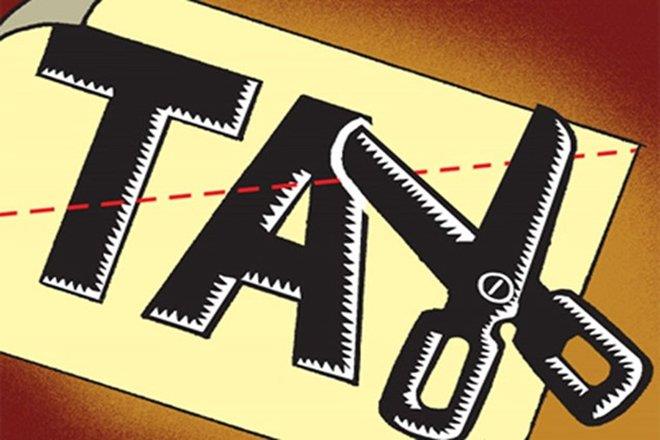By Suyi Ayodele
“We have released Northern Nigeria from the leading strings of the treasury. The promising and well conducted youth is now on allowance on his own and is about to effect an alliance with a southern lady of means. I have issued the special licence, and Sir Frederick Lugard will perform the ceremony. May the union be fruitful and the couple constant.” That was Lord Lewis Harcourt, British Secretary of State for the Colonies on the decision to amalgamate Northern and Southern Nigeria on January 1, 1914.
Those who created Nigeria clearly made the North the husband and the South, the wife. In Africa, the husband is the head and driver of the home. We see and feel this each time the North has to deal with the South on matters of power and resources.
The latest is the movement towards the 2027 election. Northern leaders are no longer hiding their opposition to the President Bola Ahmed Tinubu government. They say he has not been fair to them. The poor husband is threatening the resourceful wife with sanctions.
A former Tinubu aide, Dr Hakeem Baba-Ahmed, spoke very loud at the weekend. He said nobody would be president in 2027 without the support of the North. He was right. But I will also be right if I say that no one outside the South will be president tomorrow or next year and forever without the support of the South. The poor husband and the rich wife need each other to have a functional home.
What all these means is that the Gídígbo gídígbó!/Hey! (battle cry) for the 2027 presidential election has started. The war drums up North have been rolled out with a full folk ensemble.
The percussion for President Tinubu up North is not melodious! The 2027 election is two long years away, yet there is cause for alarm for Tinubu and his political dynasty. Nobody should feign ignorance; nobody should ignore the pulsating sounds!
There is a counter battle cry that Tinubu needs at this moment. It has smooth, melodious, danceable and assuring lyrics. Tinubu mi má mikàn, a p’agbo yí o ká(2ice)/Gbogbo ènìyàn ún be léhìn re/Tinubu mi má mikàn, a p’agbo yí o ká/ – Tinubu don’t be troubled, we have formed a ring of protection around you/All the people are behind you/Tinubu don’t be troubled, we have formed a ring of protection around you.
But can any man of good conscience join the Tinubu orchestra to sing this song? The unfortunate answer is a resounding NO! When one’s masquerade dances very well at the village square, one is usually proud. But are Tinubu, our masquerade’s steps in accord with the beats from our musical instruments? How I wish the absentee President Tinubu gives one the confidence to approach the village square with our band in support of the man, the North of Baba-Ahmed is preparing for supper in 2027. Pity!
The lead drummer for the North in the impending battle for the soul of Nigeria in 2027 is a known figure, Hakeem Baba-Ahmed, an ex-this and ex-that and a ‘familiar spirit’ in the political configuration of Nigeria and the North in particular. He is a man who thinks his North is the oxygen Nigeria breathes! Who is Hakeem Baba-Ahmed to arrogate to himself the position of the mouthpiece of the North?
When the wrapping leave stays too long with the soap, it becomes soap itself. Those are the words of our elders. They utter the eternal wisdom whenever our sages see a butterfly which thinks itself a bird.
Baba-Ahmed, the son of a cattle merchant migrant from Mauritania is more northerner than an aboriginal northerner. He thinks more for the North than the North thinks for itself. Whenever the levers of power are not in the hands of his supposed kith and kin across the River Niger, the only thing Hakeem sees is the ‘marginalisation’ of the North! He is at it again, singing his song of discord over the weekend.
Speaking in a video interview that went viral over the weekend, Baba-Ahmed intoned that no part of the country could win the 2027 election without the North. “One thing is clear: nobody can become president of Nigeria without northern support”, is the way he put it. He went ahead to announce that “In the next six months, the North will decide where it stands.” Then he warned: “If the rest of the country wants to join us, fine. If not, we will go our own way.”
MORE FROM THE AUTHOR: OPINION: Abdulkareem, The Deaf And His Son
Hakeem will not hang it there. He must threaten us: “If they plan to rig the election, they should be careful. It won’t be good for Nigeria. The North is watching. Elders, masses, and interest groups will soon say ‘enough is enough.’ The injustice and sidelining must stop.” What are his grouses with the present arrangement? Baba-Ahmed said that the North needed “a government that understands our problems and can address them. After Buhari’s eight years, we became wiser. Now, we are in another government, and we are still crying. Is crying all we know how to do?”
Let us do the arithmetic. Nigeria gained independence in 1960. That was 65 years ago. Of the number, Baba-Ahmed’s North has ruled the country for 48 years. The entire South has just 17 years. By the time Tinubu completes his first term in 2027, the South would have been in the saddle for 19 years out of 67 years of the Nigerian nationhood.
Now tell me, what did the North do with its 48 years in power such that the region is ‘marginalised’ to warrant the colic from Baba-Ahmed? Who should have ‘marginalised’ who between those who have ruled for 48 years and those who have been in power for 19 years? If, in 2027, Baba-Ahmed’s craving is, “We just want a right leader; let him fall from heaven, we just want someone who will solve our problems,”, can we ask him what the leaders from the North did in 48 years to “solve” the North’s “problems”?
We would not argue with the North that every part of the nation needs it to win the presidency. Baba-Ahmed is absolutely correct with that assertion. But it should also not be lost on the northern irredentist that no one from the North can be president of Nigeria without the votes of the people down South. The electoral law says to be elected president, a candidate needs 25 percent of the votes cast in two-third of the states of the Federation (Section 134 (2), 1999 constitution as amended).
There are 36 states in Nigeria. The entire North has 19 states, and the South, 17. Two-third of 36, my Mathematics teachers say is 24. Good! If the entire northern states voted for a northern candidate in 2027, Baba-Ahmed’s candidate would still need five states from the South to win the presidency! If his candidate fails to get that, assuming the South followed Hakeem’s analogy of the North taking its destiny in its hands, what happens? This brings us back to Baba-Ahmed’s threat of “It won’t be good for Nigeria.” Should that happen, what gives?
MORE FROM THE AUTHOR: OPINION: Uromi Killings And Sandalili Nursery Rhyme
There are messages for the Hakeem Baba-Ahmeds of this epoch who think the North can end Nigeria in 2027. Nigeria belongs to all of us. That should sink in, deeply too! Nobody is afraid of what happens to Nigeria again. We have gone beyond that era when the refrain: ‘To keep Nigeria one is a task that must be done’, was our unofficial anthem.
Àgunlá, àguntètè means who cares! That is the stage where all the ethnic nationalities that make up the country are now. No ethnic group is happy with our present configuration. Nigeria, to many, is an ‘expired’ entity; a nation that has long passed its nationhood! We are only enduring because our elders counsel that if the hands refuse swinging, we fold them on our heads. So be it with the Nigeria of Baba-Ahmed and his the-country-will-break-up slogan!
In fact, those of us down South will celebrate should the North re-enact its Araba (secession) cry of 1953, when the late nationalist, Chief Anthony Eromosele Enahoro, moved the motion for independence. Baba-Ahmed should be told that a deer with an inguinal hernia is a gain to the hunter (Àgbòrín tó so ìpá, ìfà olóde). Nobody needs the marriage of inconvenience that Nigeria has turned into. Someone should help us tell Baba-Ahmed that whenever the town experiences turmoil, the diviner gains something. We no dey fear again!
Baba-Ahmed said that the North would do it alone in 2027 if the rest of us down South were not ready. Really? So, we should shiver at that? Let us register this, here, again: We (Southerners) shall surely clap for Baba-Ahmed and his ilk if the North can walk the talk and “do it alone in 2027. Like they say in the street: we asked the slave for acrobatic displays, he says the ground is too hard; who wishes him to land and survive in the first instance? Let Hakeem and those he represents give us from the pockets of their sòkòtò (trousers) what we are going to Sokoto to look for. The jollification down South will drown him!
I hate to sound this way. But we need to tell ourselves some painful truths! Who does Baba-Ahmed think is afraid of 2027? Who needs a united Nigeria more, between the North and the South? What gives him this irritating sense of arrogance that the North is the soul of Nigeria? Has Baba-Ahmed ever released the dog and the red monkey to the boxing ring to discover who is covered with blood? If 2027 breaks up Nigeria as he threatened, to whose disadvantage(s) will the polarisation be?
It is okay for Baba-Ahmed’s woodpecker to boast that it would carve stone as a coffin for his father-in-law. The only caution here is that the woodpecker should also not forget the possibility of developing a boil on its beak before its father-in-law’s funeral! 2027 is still far away. Who told Baba-Ahmed what would have been the fate of the nation before then? When a man buys a calabash and identifies it with marks, and the calabash gets lost, our elders say that it is when the owner sees the calabash that he can identify his marks on it? Does Baba-Ahmed understand that?
MORE FROM THE AUTHOR: OPINION: Rivers, Where Is My Own 5,000 Dollars For Sallah?
It is rather unfortunate that Baba-Ahmed is becoming a bad recurrent decimal anytime the issue of the North and South dichotomy is discussed. At his age and clout, he should not be the signpost of everything that is bad from the North. Ordinarily, with all the positions he has occupied in governments at different levels, the old folk should be concerned that he has not been able to change the fortune of the North and its large number of Almajiris on the streets. His blame game is no longer working; nobody fancies that anymore.
Whatever happens to Nigeria either now, before or in 2027, we all shall have our fair share of it. Nobody should threaten anyone! While on the character of Baba-Ahmed on this page on September 28, 2021, in a piece titled: “Between Shehu Sani and Hakeem Baba-Ahmed”, I submitted that Nigeria is like a calabash that is turned face downward. If we have difficulties in opening it, we have the capacity to break it! Baba-Ahmed and his gang don’t have the monopoly of threat. If they throw pebbles at us, we will hurl stones at them!
Thomas Abiodun Friday: A Lord’s General @ 60
There are a few pastors I closely identify with. Pastor Thomas Abiodun Friday is one of them. On Wednesday, April 16, 2022, the man we all call Daddy PICP (Pastor in Charge of Province), turned 60 years old.
Pastor Friday was posted to Edo Province 4 of The Redeemed Christian Church of God (RCCG), Benin City, as the PICP in 2019. His arrival changed a lot of things in the province.
His predecessor, Pastor Tunde Okunlola, did a wonderful job as the pioneer PICP for the province. So, it can be said that the new PICP, Pastor Friday, had a solid foundation laid by his predecessor. Taking off was never a problem and he went straight for the job, throwing his being at propagating the Gospel of the Lord. He introduced some innovations to the administration of the church and allowed every department to flourish while he provided leadership and ensured that all stayed focused on the doctrine of RCCG.
Without any fear of contradiction, I say boldly here that Pastor Friday is a Man of God (MoG) in deeds and indeed! His consummate leadership acumen, friendly dispositions, charming smiles and his listening ears are too obvious to be ignored. Having worked closely with him for over four years, I conclude here that he is a good manager of men and resources, a thorough administrator and one who allows subordinates to expand their horizons!
That Pastor Friday is a wonderful soul, loving brother, dependable ally and top-notch mentor, is not in doubt. He left Edo Province 4, indelible prints in the minds of people. He remained very unassuming, but always on top of his calling as a Shepherd! His transfer to Niger State by the Church authority was something one could not resist.
image.pngGetting to the Diamond age of 60 is a gift and grace from the Almighty, especially in this clime. Today, I join my voice with thousands of others to wish this impactful personality the very best God can offer! Happy birthday SIR!






























